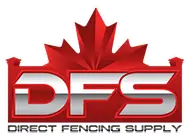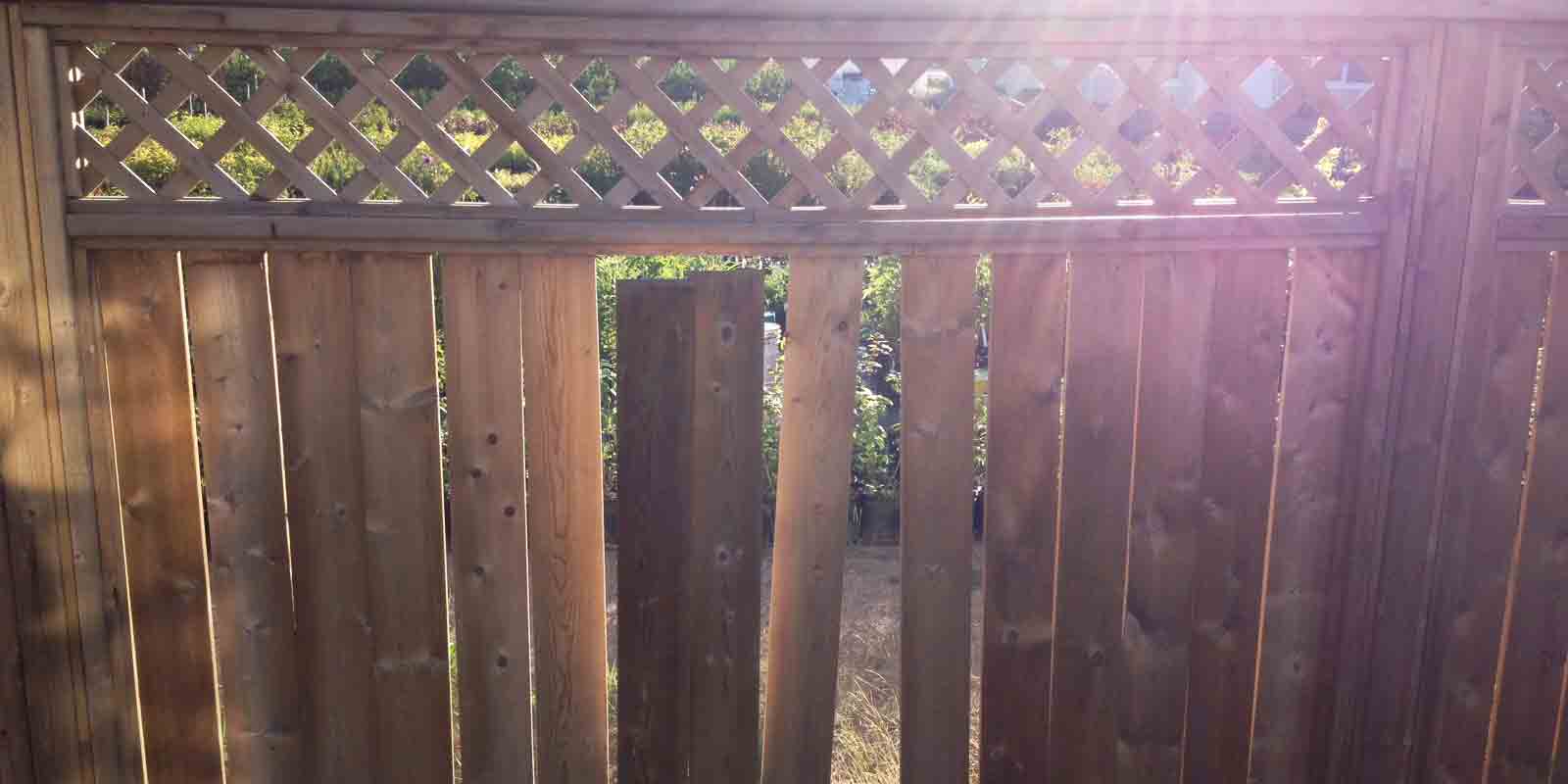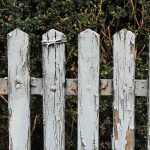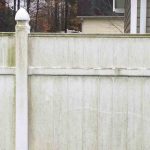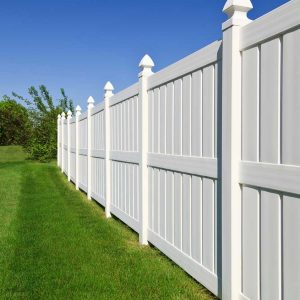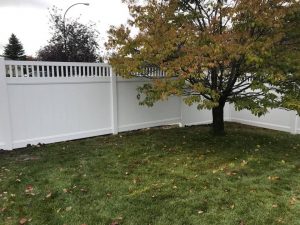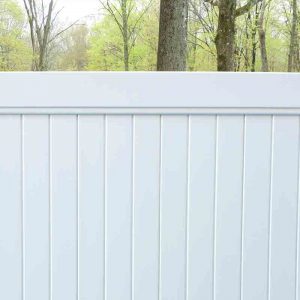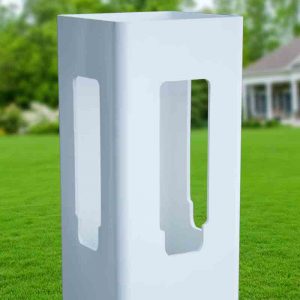A few weeks ago, I was at my parent’s place. It’s a fairly new home, built in 2009 in a quiet community with a small back yard. They have a couple of raised garden boxes where my mother grows some vegetables. A deck to sit with patio chairs, a beautiful flower bed area and a wooden fence that is falling apart.
When the house was built and before Direct Fencing Supply existed. My parents chose to stop by a national building centre to pick up some wooden panel fencing. Wooden panel fencing is typically pre-built and mass produced at a factory. It helps reduce installation time for the consumer. These panels look fairly attractive in the store and have numerous different styles to choose from, including cedar and pressure treated pine.
No one buys a fence only to replace it less than two short years later, but that is what my parents are facing. Through regular temperatures and Saskatchewan weather, this wooden fence should have lasted 15 years, possibly longer with an application of stain every couple years. They have no pets, children at home or anything that would reduce the life of the fence other than it just doing what a fence does: stand.
Common Problem among Wooden Panel Fencing
Wooden panel fencing is similar to DFS vinyl privacy fence as both are constructed of smaller pieces. Each board of the wooden fence was tied to the top rail with staples. With the weight of the fence boards, the bottom rail began to sag and the staples that held the fence boards to the top rail, pulled out. This caused the boards to fall right out of the fence. (see photos)
Sagging is a common problem among wooden panel fencing and low grade vinyl fencing. DFS Premium Vinyl Fencing has an aluminum insert in the bottom rail for strength and durability. It helps to prevent fence from sagging. An aluminum insert is also available for the top rail. Find out what are DFS vinyl products made with? Have you or someone you know ever installed wooden panel fencing? If so, we’d like to hear about it. Comment below.

